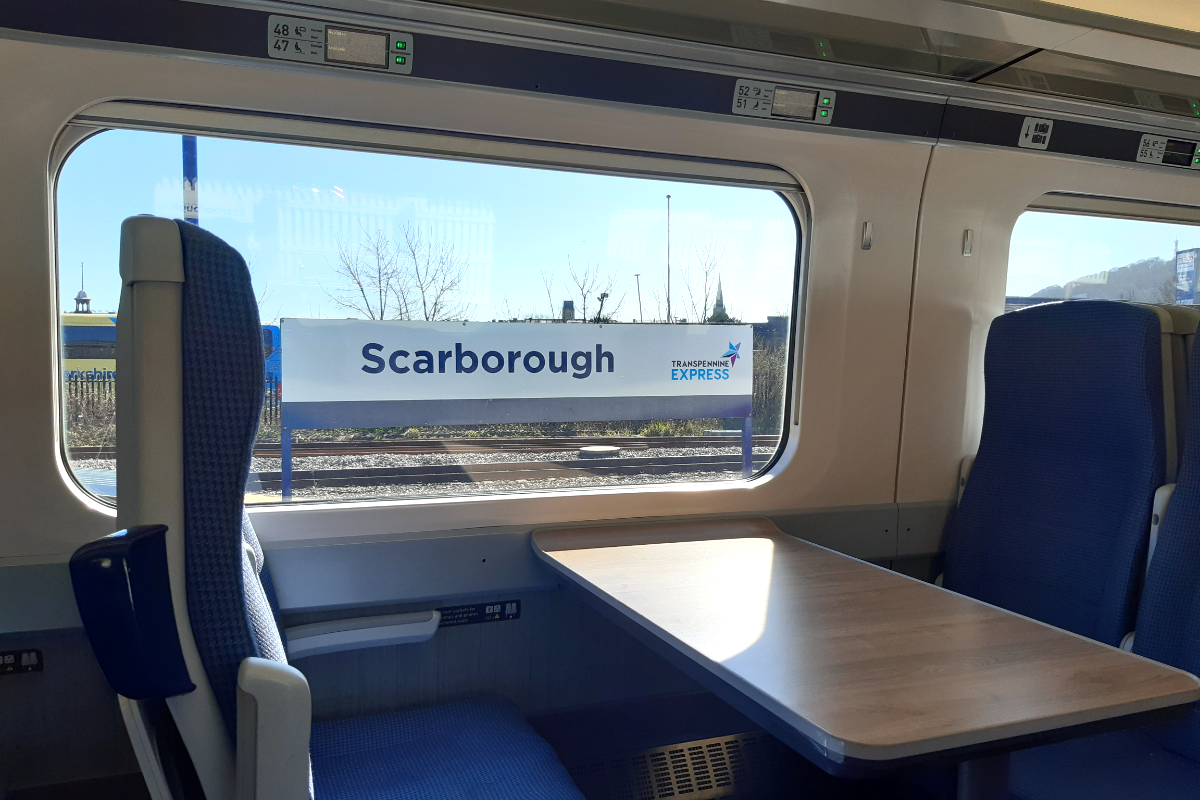
Plans for a half-hourly train between York and Scarborough are ‘moving in the right direction’ and a plan to recruit more drivers is underway according to the Mayor.
A lack of drivers is one of the issues holding up the doubling of train services between York and Scarborough, which currently has one train an hour run by Transpennine Express.
David Skaith, the elected Mayor of York and North Yorkshire, has said that he is working to “put a training plan together, a recruitment to bring those drivers in” as well as additional rolling stock.
Speaking to the Local Democracy Reporting Service (LDRS), on Tuesday, April 1, he said that 23 drivers were needed and that progress had been made.
He added:
“That’s a couple of challenges that we are working with now, but things are moving in the right direction and we are really positive about having that [half-hourly service] brought in.”
The Mayor was speaking at an event at Scarborough UTC where he launched the combined authority’s take up of bus powers in York and North Yorkshire.
Alison Hume, the MP for Scarborough and Whitby also attended the event and said she was
“very excited that the mayor will be taking over running of the buses going forward”
Speaking about Yorkshire Coast train services Ms Hume told the LDRS:
“Whitby has a train service to Middlesbrough, but only five services a day, and I think that that will improve in time under Great British Railways.
“But importantly, we need a more frequent route from Scarborough into York.
“We need to have it every half hour rather than hourly, and that train service needs to be frequent and cheaper.”
Mr Skaith has said he is also looking at developing stations including at Scarborough, Seamer, Thirsk, Malton, and Haxby.
The Mayor met with sixth form students at Scarborough University Technical College (UTC) to discuss the future of public transport in England’s largest county.
Students shared their concerns and hopes about public transport, with many complaining that buses were often late and that a lack of regular services discouraged them from staying in the area.
Many of the students also said they worked part-time jobs and that fewer services in the evenings left them reliant on more expensive trains or taxis, lifts from family, or having to walk home alone.
Mr Skaith, the Mayor of York and North Yorkshire, said that
“public transport isn’t working, and we now have the opportunity to really change that and really improve it for everyone across the patch”.
Speaking to the Local Democracy Reporting Service (LDRS), he said he wanted to work with other mayors, such as Ben Houchen in Tees Valley to “buy into each other’s transport systems”
He added:
“Our people and businesses don’t care about borders, they want to be able to get to work or to get hospital appointments up into James Cook, so we need to as mayors and combined authorities stop thinking about those borders and to work across borders.”
Asked about ensuring how public transport also functions for working people who may have early or late shifts, especially in towns such as Whitby where many work in hospitality, Mr Skaith said
“it is a really big part and focus of what we’ve been looking at”.
He told the LDRS:
“When people are leaving work at 10pm or 11pm, it is making sure the public transport is there for them because if it’s not and it’s unreliable, then people can feel quite isolated and it can be quite a scary place to be if you’re finishing work at midnight and there’s no public transport”.
He added that a key commitment was “connecting young people to opportunity” by integrating £1 fares for under-19s in York and North Yorkshire.
Ms Hume, the MP for Scarborough and Whitby, said that
“the biggest takeaway today was that the young people we spoke to confirmed what I already knew, that there’s a need to improve the regularity and frequency of bus services” and said she was “very excited that the mayor will be taking over running of the buses going forward, and it’s very important to hear the views of young people”.
Asked what she would say to people who were frustrated with poor connectivity and the pace of changes to the bus system, Ms Hume told the LDRS:
“It is frustrating, and young people want to get on with their lives, and we know that the public transport system isn’t good enough, but we are working to improve it”.
She added:
“As a government, we’re putting a lot of investment into the buses and the trains which we’re bringing back into Great British Railways, but yes, [change is] probably not going to happen tomorrow”.




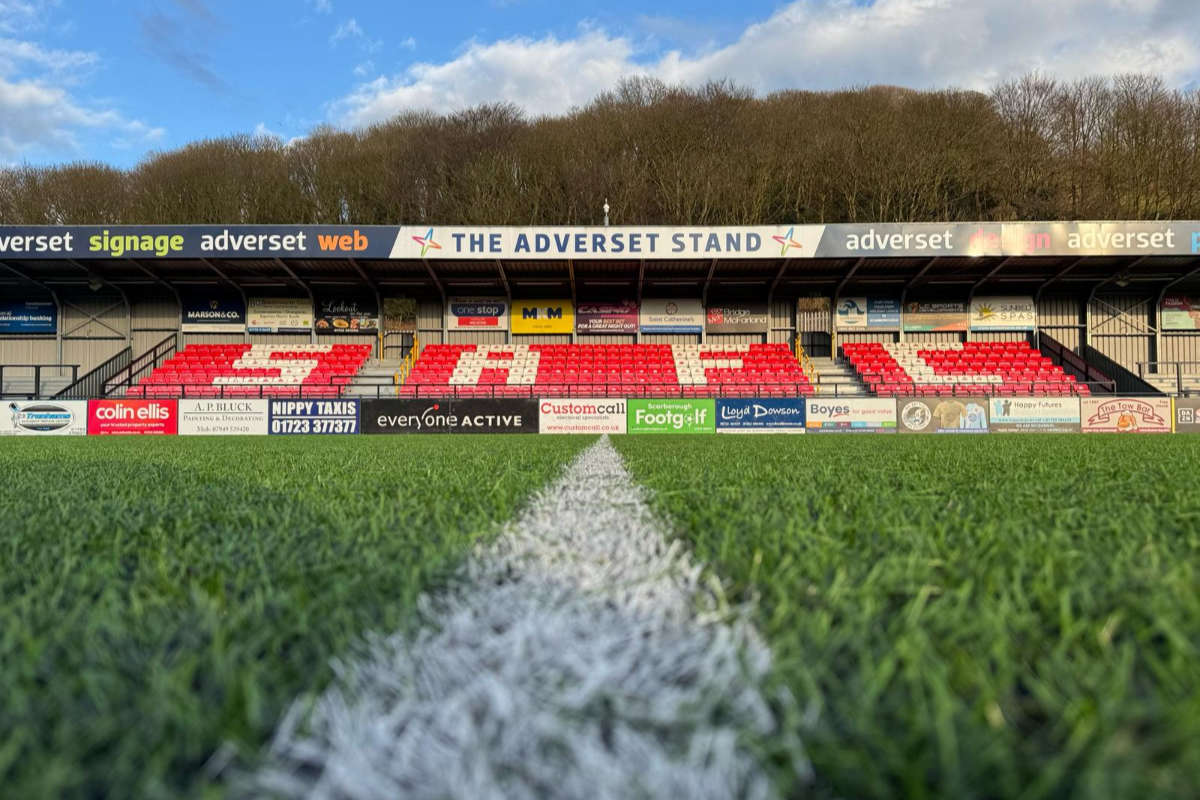 Former Scarborough Athletic Chairman Expresses Confidence in Ground Issue Resolution
Former Scarborough Athletic Chairman Expresses Confidence in Ground Issue Resolution
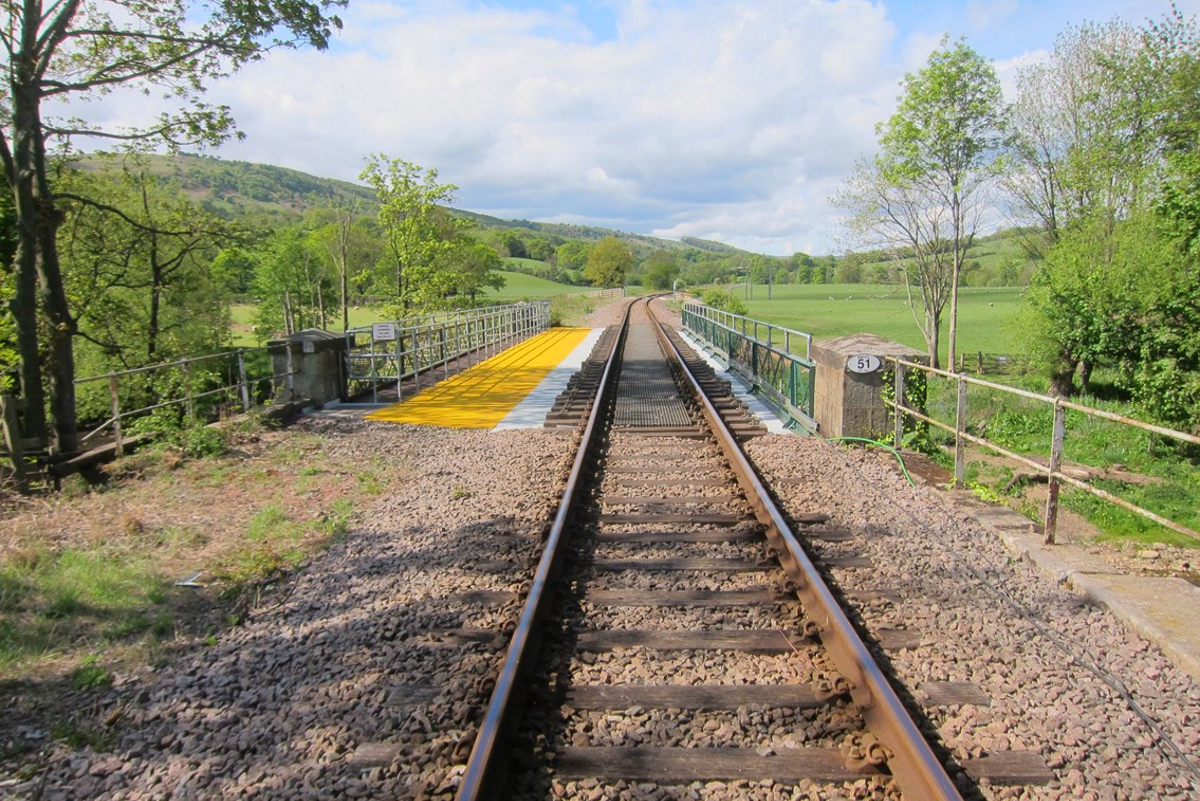 Esk Valley Community Railway Backs Train Use for Whitby School Pupils
Esk Valley Community Railway Backs Train Use for Whitby School Pupils
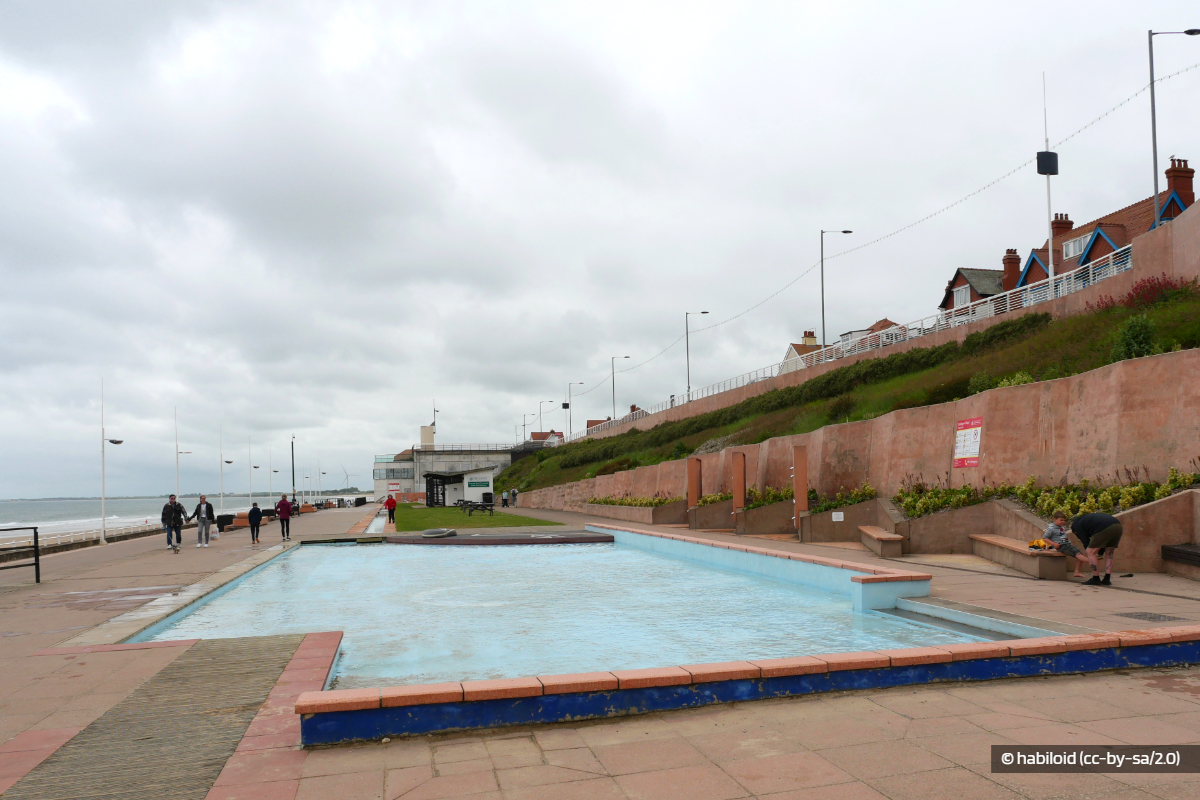 Concern Over Bridlington Paddling Pool Use
Concern Over Bridlington Paddling Pool Use
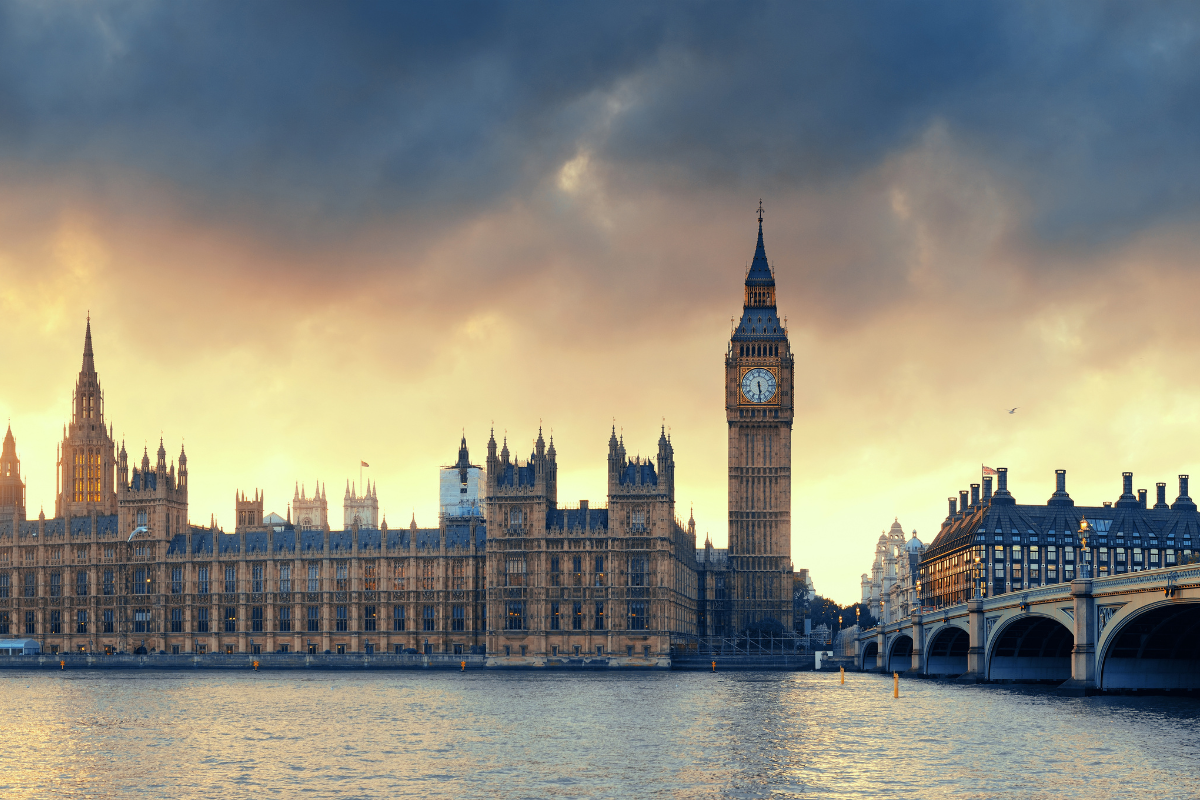 Scarborough and Whitby MP Raises Concerns Over PIP Changes at Prime Minister's Questions
Scarborough and Whitby MP Raises Concerns Over PIP Changes at Prime Minister's Questions
 Yorkshire Coast Towns Could Get Share of £1.2m Investment
Yorkshire Coast Towns Could Get Share of £1.2m Investment
 Scarborough Charity's Future Fears
Scarborough Charity's Future Fears
 Hornsea Lifeboat Member Among London Marathon Runners
Hornsea Lifeboat Member Among London Marathon Runners
 Scarborough Rugby's Cup Progress
Scarborough Rugby's Cup Progress
 Mixed Results For Yorkshire Coast Cricket Sides
Mixed Results For Yorkshire Coast Cricket Sides
 Scarborough Athletic Miss Out On Top Half Spot
Scarborough Athletic Miss Out On Top Half Spot
 Whitby Town Savaged By Table Toppers in Final Clash
Whitby Town Savaged By Table Toppers in Final Clash
 Brid Town Beaten By Belper
Brid Town Beaten By Belper









Comments
Add a comment